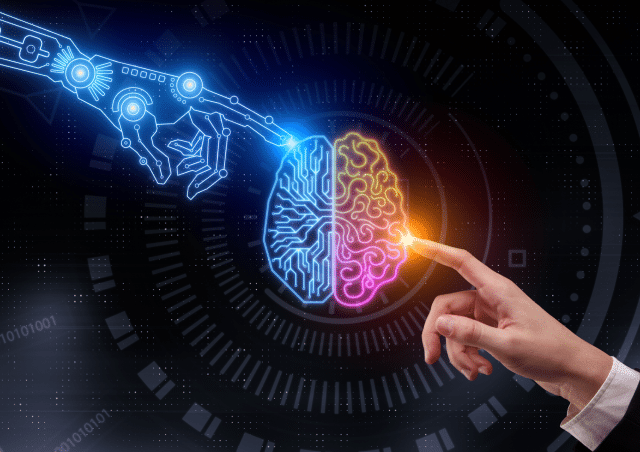
Robotic Process Automation vs AI Agents
Uncover the game-changing capabilities of AI agents in revolutionising automation strategies for businesses.

Uncover the game-changing capabilities of AI agents in revolutionising automation strategies for businesses.

Does your organisation know the potential of large language models (LLMs) with advanced techniques? Enhance artificial intelligence (AI) capabilities for improved performance and accuracy.

A comprehensive guide to developing an AI strategy that resonates with your board, focusing on realistic expectations, quick wins, service evolution, and best practices for transitioning from pilot to production.

Explore the latest development in voice technology as Salesforce acquires Tenyx to revolutionise customer interactions with more natural and engaging experiences.

Learn how Salesforce’s acquisition of Own Company is revolutionising data protection strategies and compliance measures for organisations.

Good artificial intelligence (AI) governance goes beyond data governance in multimodal large language models (LLMs). It isn’t just about avoiding pitfalls – it’s about unlocking the full potential of this transformative technology.
Explore a comprehensive platform for artificial intelligence (AI) development with Azure AI Studio.

Understanding the ethical landscape of artificial intelligence (AI) models is key for responsible deployment.

Understanding the impact of AI ethics through real-world examples is essential for building responsible AI systems. Let’s prioritise ethical considerations in AI development.